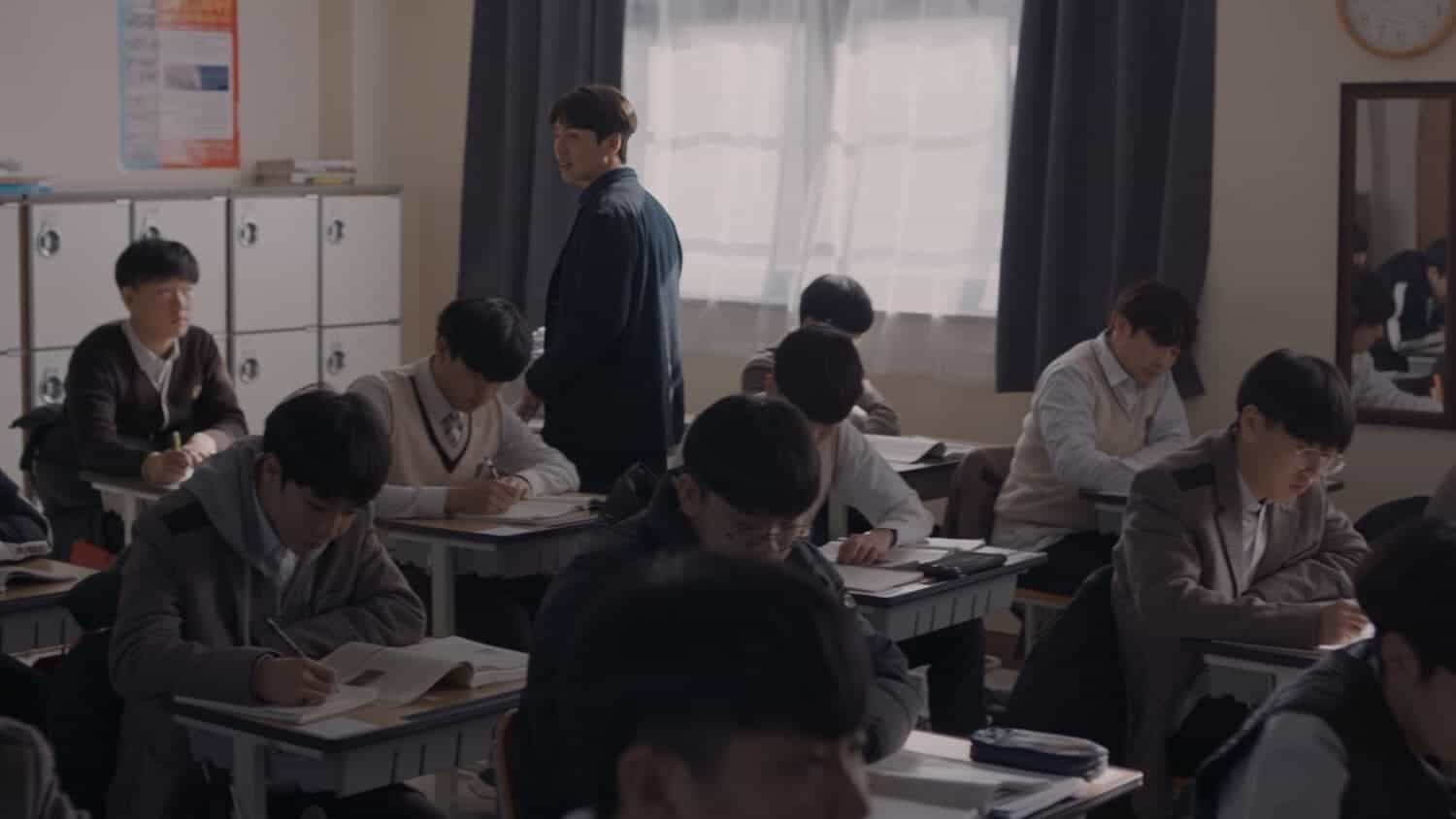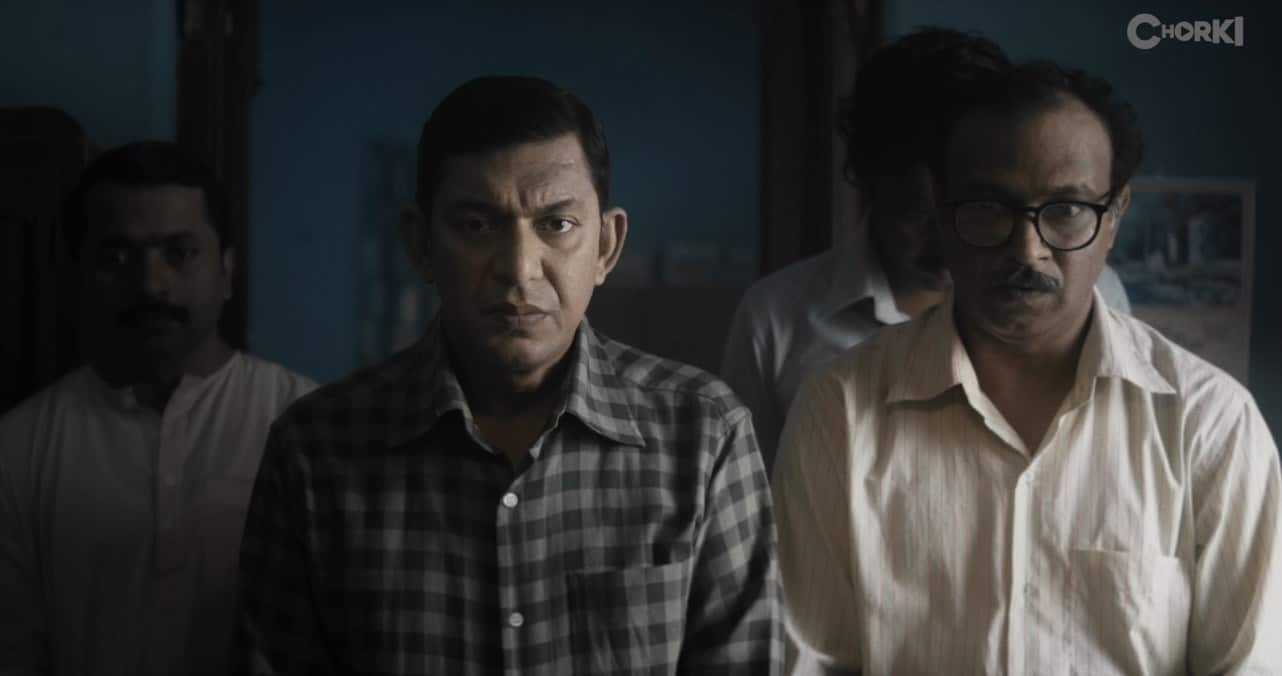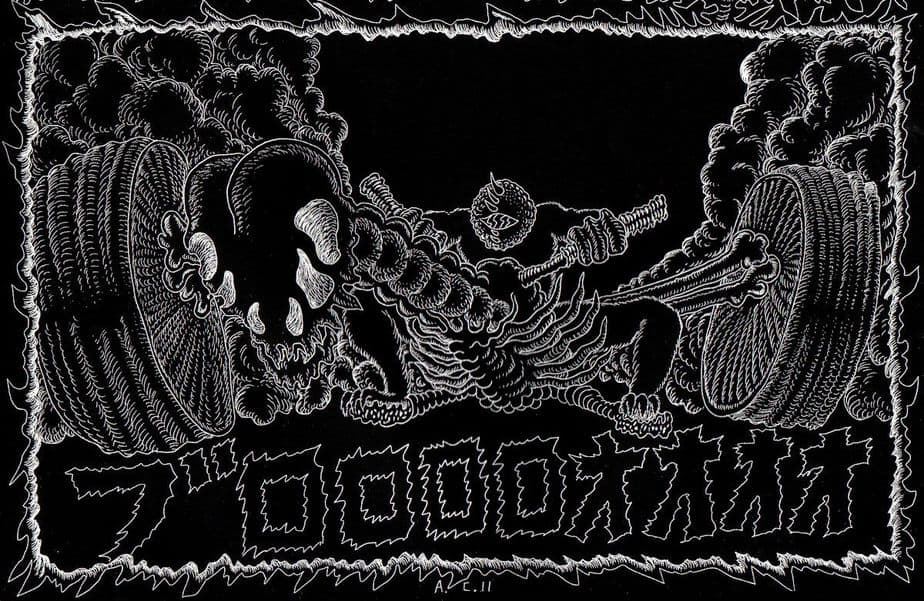The world of stuntmen has always been a captivating one, even if, for the sake of the “legacy” of the movie stars these people double, their work is left in the background. Despite the fact, movies such as “The Stunt Woman” and “Uzumasa Limelight” explore the lives of these individuals and their role within the industry in the most captivating way. “Lone Wolf” (aka The Last Stunt Man” as its title is Japan) moves in the same direction, although focusing more on a fictional dramatic story than their work in the industry.
After his father, a stuntman, died during a stunt, Akira moved to LA with his mother. Growing up, he became a professional motocross racer, participating in the National Motocross Championship. When his mother dies, however, he decides to leave everything behind and return to Japan, to seek revenge against Gou, who, in his knowledge, was responsible for his father's death. In Japan, his aunt Hitomi challenges him to become a stuntman himself, before she points him to Gou's current whereabouts. The older man, however, is currently a shadow of his former self, working at a horse-riding club taking care of dogs, and having left his former self as Japan's top stuntman completely. Akira decides to train as a stuntman himself, having Jin, his father and Gou's former “comrade”, as a trainer, but eventually, he is offered a job in a movie that entails him doing the specific stunt that killed his father, named Jumping Role Over Sea Dive, one that no one in Japan has managed yet. Furthermore, the riding club Gou works for is having troubles with the Yakuza, and Akira finds himself involved in that too.
In Hong Kong action movie style, Shunji Muguruma shoots a film that focuses on the stunts and their depiction, as much as on the action scenes, while creating a story that revolves around them, which, however, fails to intrigue for the most part, particularly because it seems rushed and does not present any particular depth regarding the characters and the reasons behind their actions. Akira's wish to exact revenge from Gou is the beginning, but the way he becomes a stuntman, ending up having to deal with the particular stunt, and even more, the way he finds himself facing the yakuza that “torment” the riding club make very little sense. The same applies to the character of Gou, who looks cool in his silent enigmatic demeanor, but his overall actions make very little sense, as much as his fighting abilities, which are eventually revealed.
That a number of the actors are stuntmen in real life, as in the case of Masashi Takahashi as Gou and Kisaragi Awano who plays one of Akira's trainers, does not help in that regard either. Starting with this element, however, the true value of the movie begins to shine. In that fashion, the presentation of the life of the stuntmen is quite realistic to watch, as indicated in the various stunts featured in the movie, and particularly the one with the fire and the final one, although those with the motorcycles and the cars are equally impressive. The danger associated with the particular profession is also communicated quite well throughout, as much as the differences between car and motor racing and doing stunts with vehicles.
Furthermore, Yoshiki Mizugaki and Kotaro Hasegawa's cinematography is top notch, particularly in the way the stunts are captured, frequently with crane or drone shots. The editing also finds its apogee in those scenes, while at 86 minutes, the movie definitely does not overextend its welcome, although some unnecessary moments still exist.
Lastly, Shota Minami is convincing in the role of Akira, with the same applying to Takuya Ishida, who plays the main villain here.
“Lone Wolf” does not work particularly well as a drama, but as an action film highlighting the life and work of stuntmen it definitely does, resulting in a movie that definitely deserves a watch for the particular scenes.
















